detail profile andor d c3 a1rday
Peran Yang Di Mainkan Andor Dárday
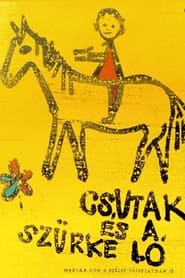 Csutak is just a pain in...
Csutak is just a pain in...Csutak and the Grey Horse 1961
Csutak is just a pain in the neck, the little boy is even excluded from play by his mates. Vacation is spent lonely until one day he sneaks the woman haulier's old, shabby horse, a creature that would be better off in a slaughterhouse, out with himself. Possessing the animal is the key to the children's gang. They all try to find a place for the horse.
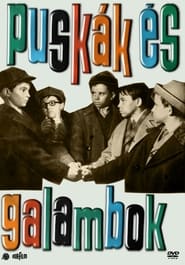 1920 in a mining town in the...
1920 in a mining town in the...Guns and Doves 1961
1920 in a mining town in the country-side. The team of children led by Ferkó Boda fish guns and a flag of Red soldiers out of the local lake.
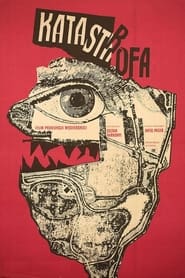 Private inspector Hvel happens to travel...
Private inspector Hvel happens to travel...Crime at Dawn 1960
Private inspector Hável happens to travel on the train which is attacked at Biatorbágy. His attention is drawn to a suspicious man, and in the next few days he confirms that it was indeed him who committed the crime. Yet the police accuses not the lunatic Marschalkó but the communists. Summary justice is declared.
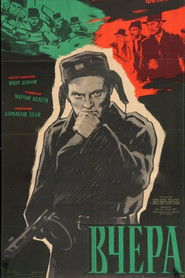 October 1956 Colonel lieutenant Szab sends a...
October 1956 Colonel lieutenant Szab sends a...Yesterday 1959
October, 1956. Colonel lieutenant Szabó sends a platoon with the mission of calming the people demonstrating in the town. The platoon is lined up under the command of Lieutenant Csendes and the soldiers aim at the demonstrators. Szusza Kis changes sides, and Csendes is unable to shoot at his childhood mate. They withdraw.
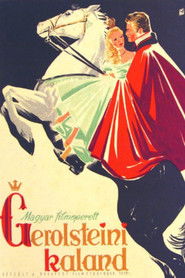 In Gerolstein those girls who were...
In Gerolstein those girls who were...Adventure in Gerolstein 1957
In Gerolstein, those girls who were born the same year as the princess, cannot marry until she remains maiden. An attractive and very rich husband is needed for Antónia in order to fill the treasures up. The wonderful reigning princess meets her selected bridegroom, the emperor of the neighbouring Pecunia in disguise and by accident.
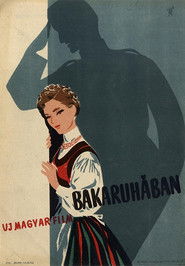 The poetic love story depicting everyday...
The poetic love story depicting everyday...A Sunday Romance 1957
The poetic love story depicting everyday life from a micro-psychological aspect takes place in the 1910s. Sándor, editor of the local paper, serves as a foot soldier on Sundays, but spends weekdays playing billiard and courting women. One Sunday afternoon - in soldier's uniform - he meets Vilma, the beautiful maid, whose honesty and chastity turns the adventure to love.
 March 15 1848 the revolution breaks out in...
March 15 1848 the revolution breaks out in...The Sea has Risen 1953
March 15, 1848; the revolution breaks out in the town of Pest. Yet at café Pilvax, in among he revolutionary youth, there is the informer of the imperial court as well. Hearing the news of the attack led by Jellasics, the inhabitants of the villages pour into the national army, and Hajdú Gyurka also escapes from his landlord. Petőfi is there at the camp of the revolutionaries, raising them to enthusiasm with his poetry.

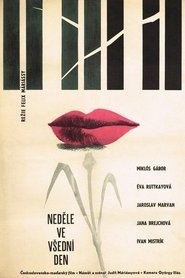 Jirka is a composer his wife...
Jirka is a composer his wife...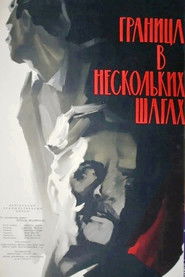
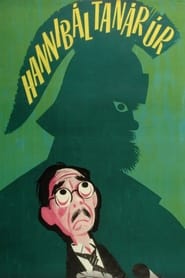 A school teacher becomes a momentary...
A school teacher becomes a momentary...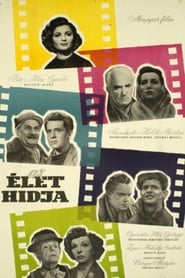
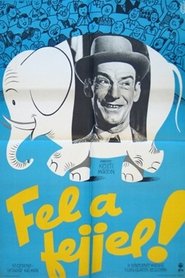 On the Spring of 1945 the Jackson...
On the Spring of 1945 the Jackson...